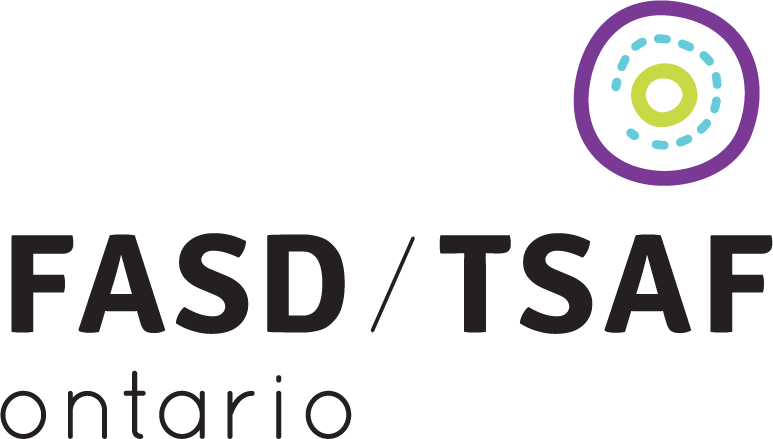Confabulation: A Guide for Mental Health Professionals
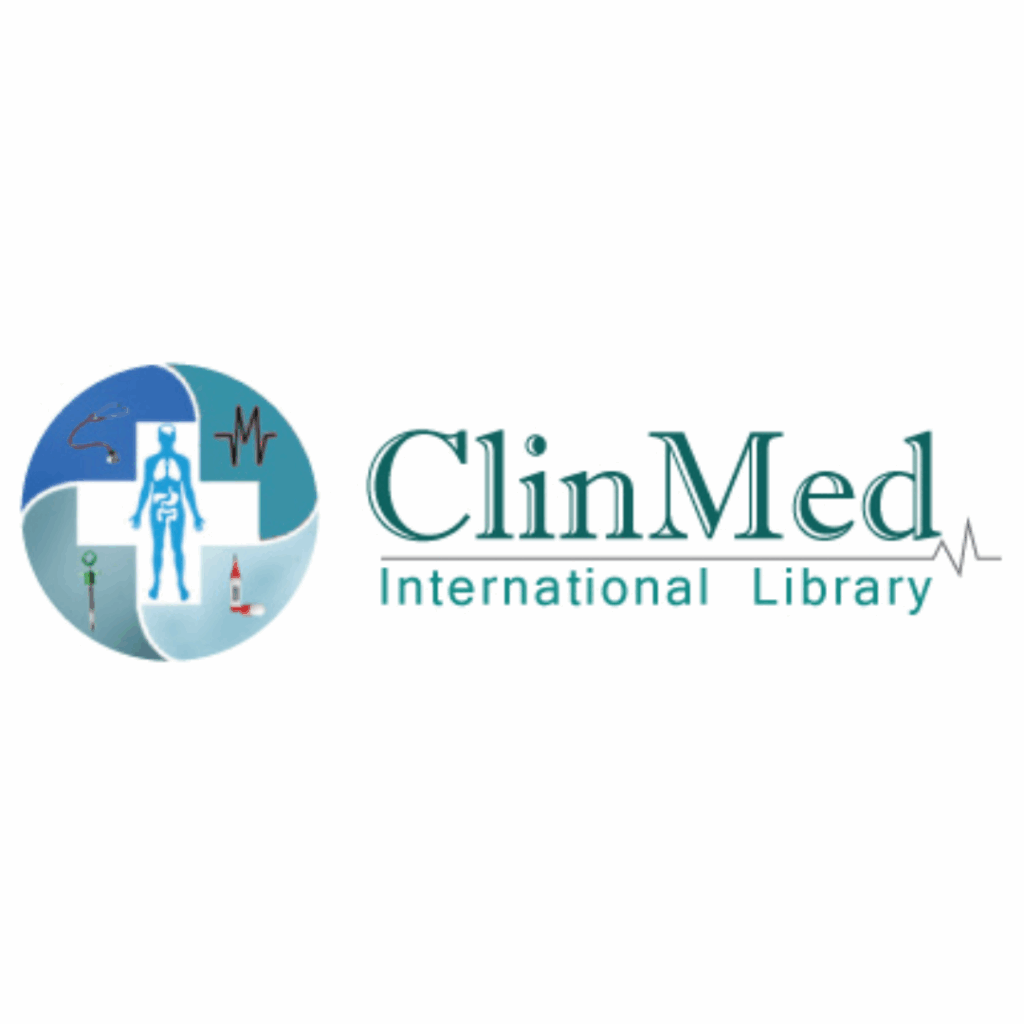
This article provides information about confabulation, including its characteristics and etiology, links to psychological and neurological disorders, its impact on others, and considerations for mental health professionals.
Provincial Guideline for the Clinical Management of High-Risk Drinking and Alcohol Use Disorder
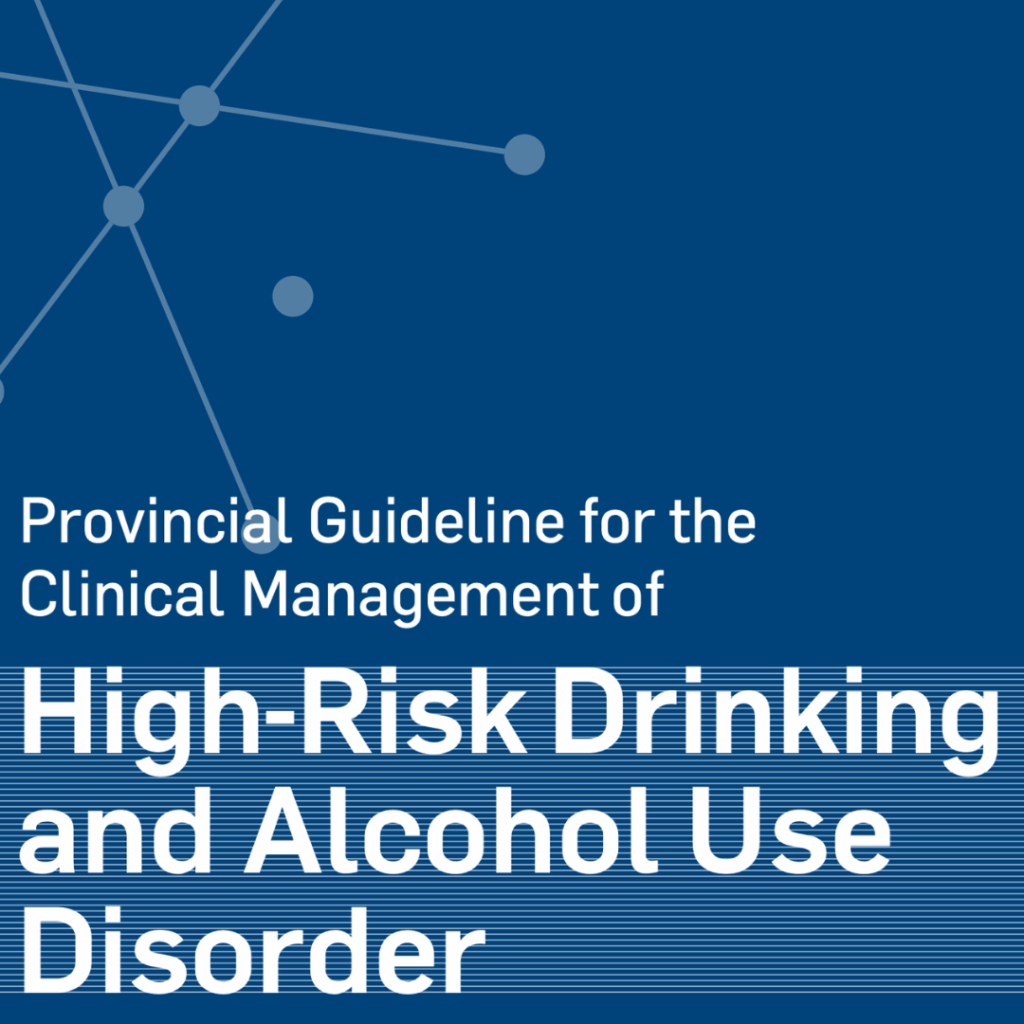
The objective of this guideline is to provide recommendations, supported by rigorously reviewed evidence, for the full spectrum of medical and psychosocial interventions available to treat patients with high-risk drinking and Alcohol Use Disorder (AUD).
Treatment and care for pregnant women who use alcohol and/or other drugs
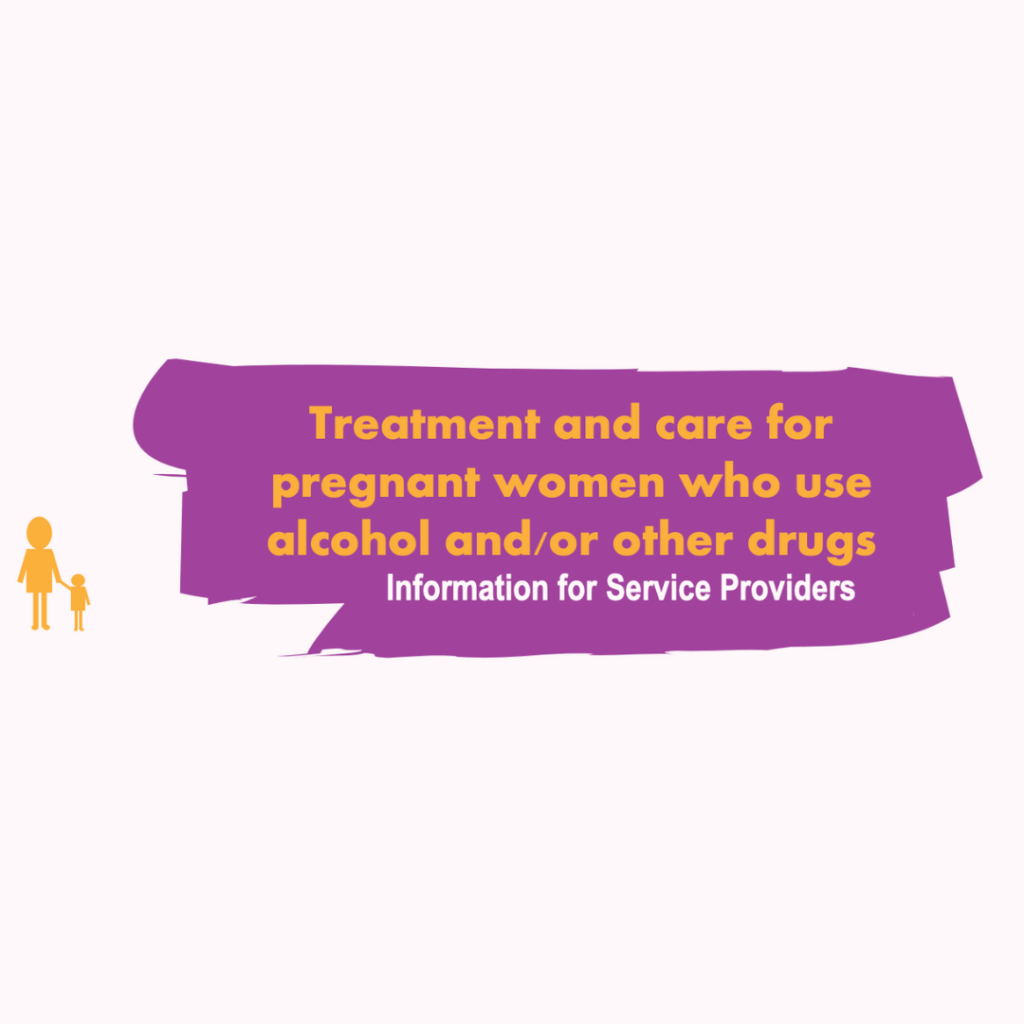
This sheet provides information for service providers on treatment for women dependent on alcohol, who are at the highest risk of having a child born with FASD.
Engaging Clients Who Use Substances
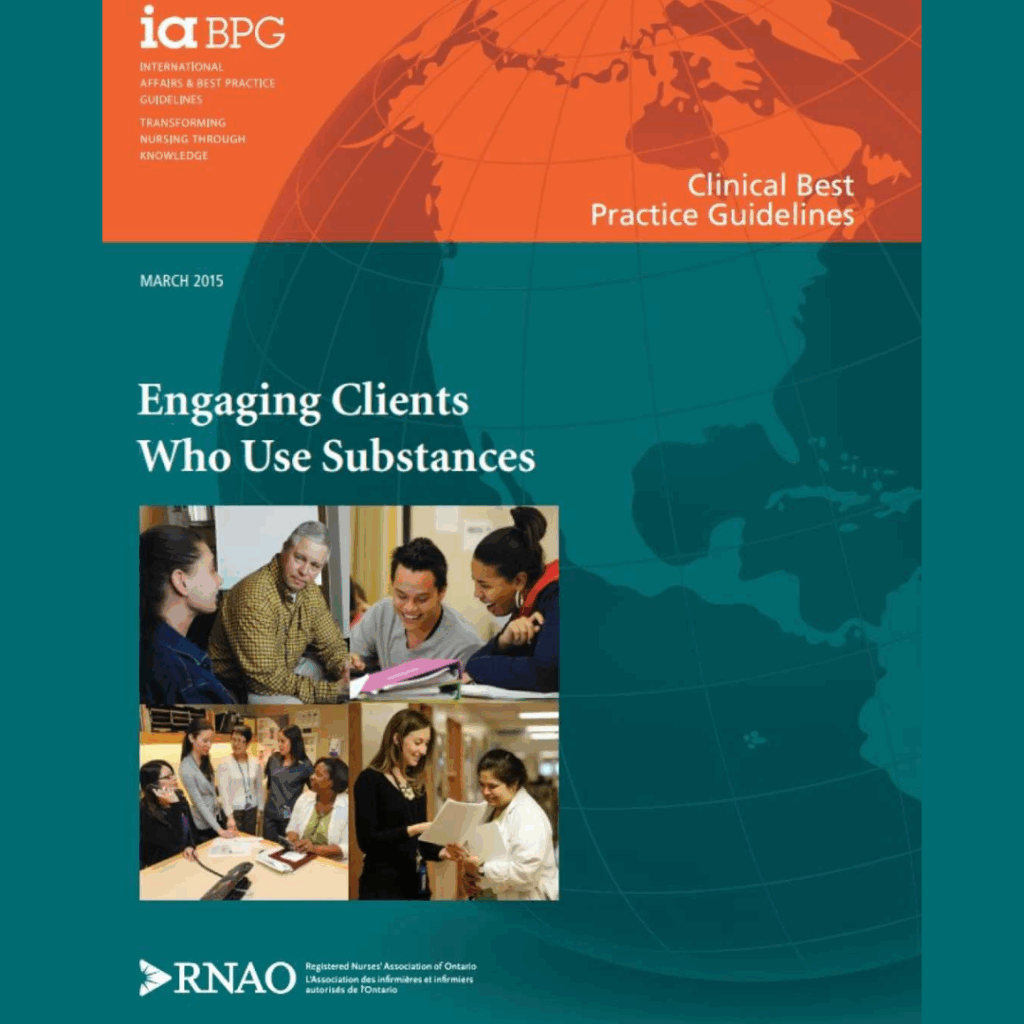
This document is intended to support nurses and health care professionals to support clients experiencing a substance use disorder. It will broaden your understanding of the factors that affect clients experiencing substance use disorders.
Learning Disabilities Association of Ontario: Professionals Workshop Series: Introduction to LDs and ADHD
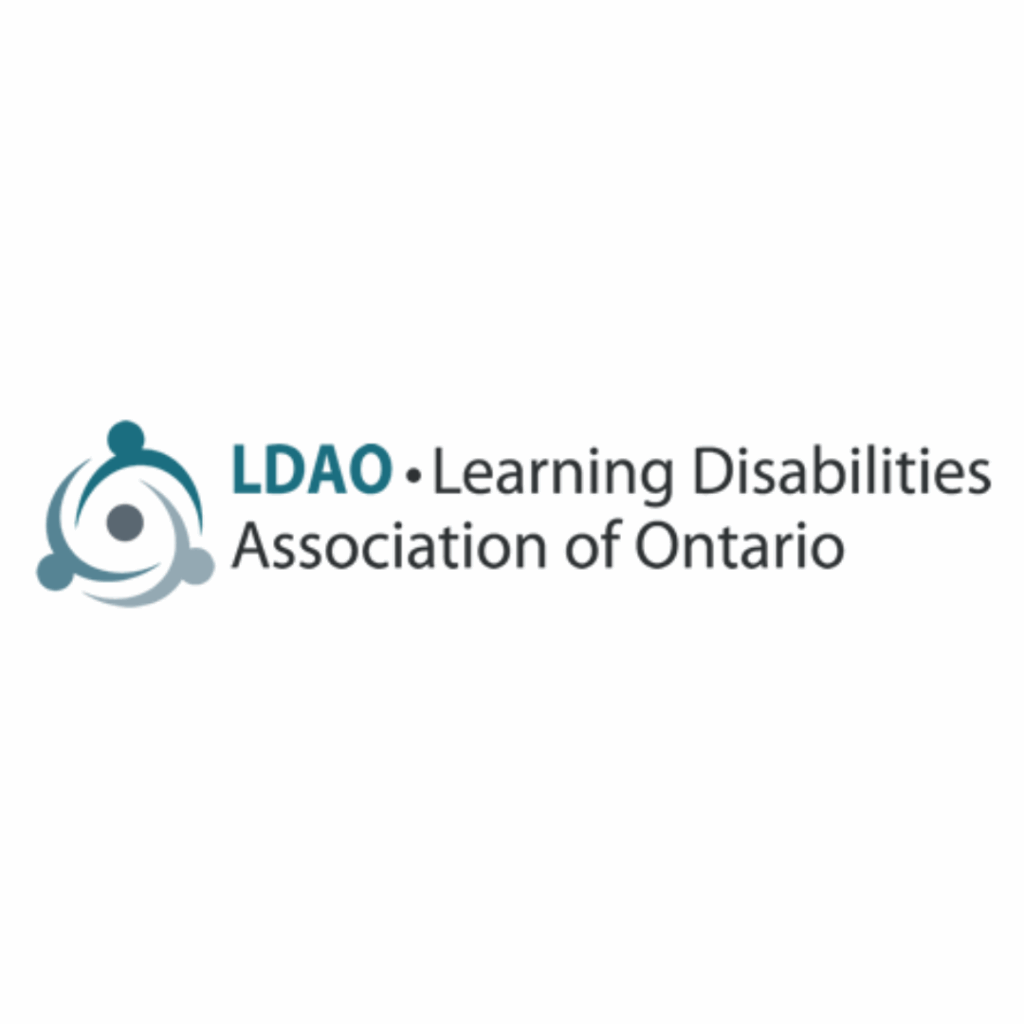
3-part workshop series which will provide an overview of Learning Disabilities, Strategies for the Classroom Teacher, and an ADHD Workshop for Educators.
The “Pebble in Your Shoe” Model of Effectiveness: Laurentian University Undergraduate Students’ Perspectives on Campaigns Regarding Alcohol Use During Pregnancy

Using intersectionality theory, basic qualitative design, thematic analysis and focus group discussion, the “Pebble in Your Shoe” Model of Effectiveness was developed based on community perspectives. This model could be utilized in the development and evaluation of future Level 1 FASD Prevention campaigns.
Caregiver approaches, resiliencies, and experiences raising individuals with fetal alcohol spectrum disorder: A study protocol paper

The goal of this paper is to share information about why and how this study is being done, and potentially guide other teams in developing similar projects to better understand caregivers’ experiences, needs, and successes. Documenting and giving voice to the breadth and depth of caregiver experiences will help us to tailor services and supports, develop resources, stimulate knowledge translation based in resilience and protective factors, guide future studies, and inform evidence-based policy initiatives.
Mindfulness for Caregivers Podcast Series
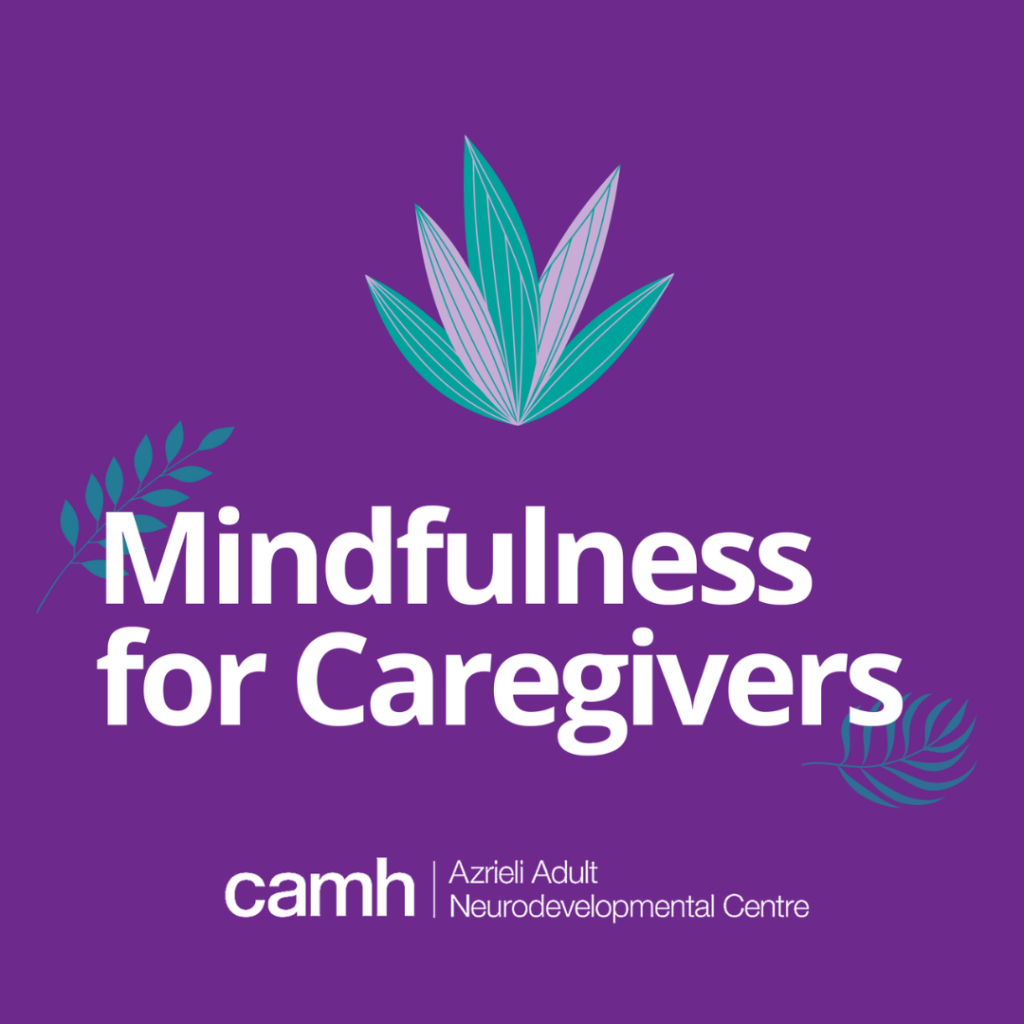
Sue leads us through a guided meditation as a tool for caregivers.
What is Your Superpower?: Growing and Glowing with FASD
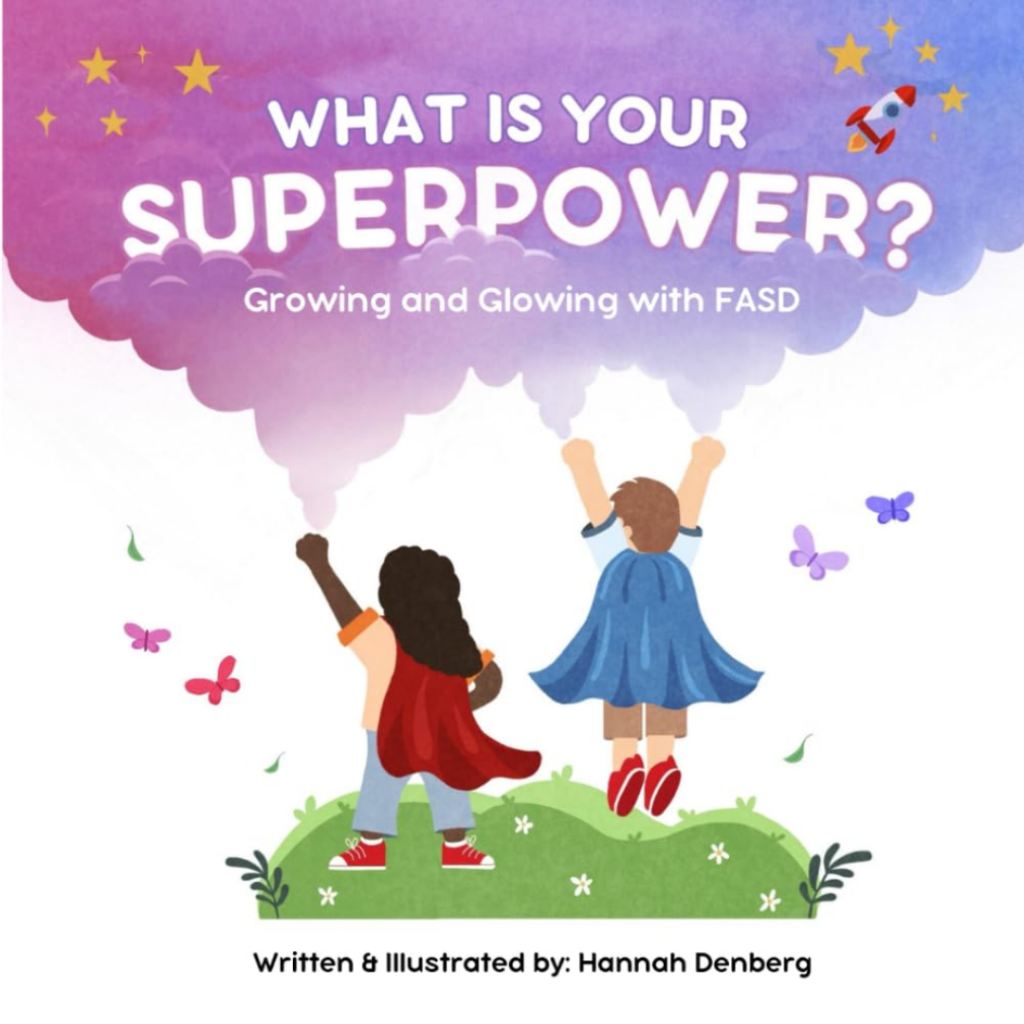
Hannah Denberg gives a live reading of her beloved children’s book, ‘What is Your Superpower?: Growing and Glowing with FASD’.
Watch author Hannah Denberg read her children’s book about FASD

Storytelling has a magical way of connecting us, especially when it comes to children’s books. There’s something incredibly special about hearing the author bring their own characters and world to life through their voice. Today, we’re thrilled to share a special treat with you — a video of author Hannah Denberg reading her book “What is Your Superpower?”
Evaluation of Brain Alterations and Behavior in Children With Low Levels of Prenatal Alcohol Exposure

The objective of this paper is to compare structural brain alterations and behavioral changes in children with lower levels of prenatal alcohol exposure (PAE) with those of well-matched controls with no PAE.
Plan de sécurité pour les familles et les proches aidant·es (TSAF) – in french

Two-pager in English for service providers to share with families with FASD: prepare for difficult situations and what to do in a possible crisis.
